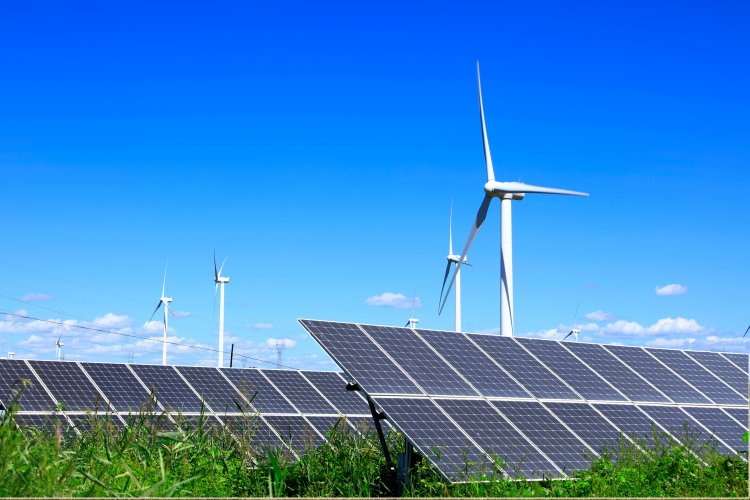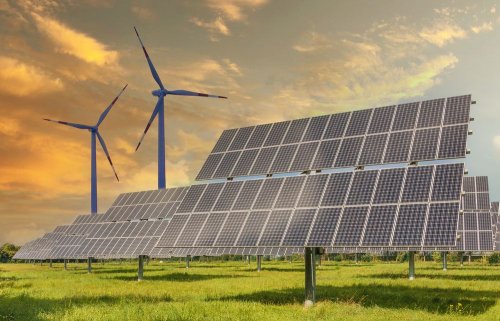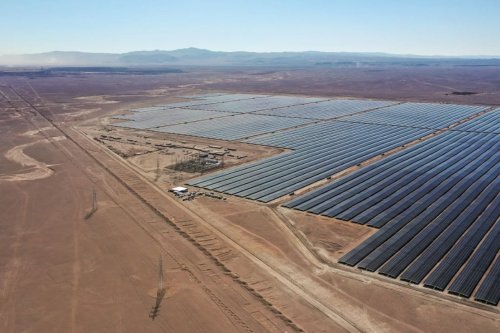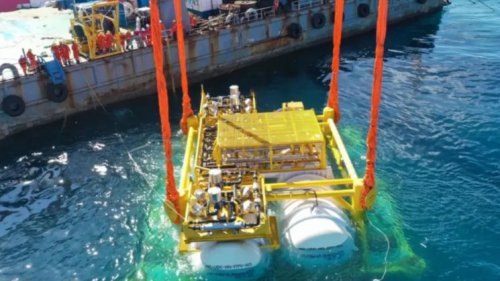EU energy ministers approved a separate Resolution on accelerating the issuance of permits for projects in the field of renewable energy sources.
They also agreed on changes to the Renewable Energy Sources Directive (RED) as part of the REPowerEU plan, which maintains the 40% renewables target by 2030, reports Windpower Monthly.
The article noted that despite the European Commission's proposal to increase the RES target to 45%, the agreement left it unchanged.
Obtaining environmental permits in the EU can take several years due to complex administrative processes and a lack of resources at the conciliation bodies, which slows down the growth of green generation.
The Minister of Industry and Trade of the Czech Republic, Jozef Sikela, emphasized that the Regulation is an important addition to the ongoing work on the Renewable Energy Directive, with faster approvals in areas that can give the best results.
"This is the best way to become independent of Russian energy, and it will also significantly contribute to our climate goals," he said.
The article noted that the ministers agreed to keep the one-year deadline proposed by the European Commission for making decisions on renewable energy sources in the so-called renewable energy transition zones and two years for non-priority areas. However, the deadline for offshore renewable energy projects in priority areas has been extended to two years and to three years if the project does not belong to the transition zone.
EU member states must define market transition areas within 30 months of the proposed RED reform entering into force, and the construction of renewable energy sources in these areas will be considered to be of primary public interest.
The coordinator of the Committee on Industrial Ecology and Sustainable Development of the European Business Association, Olga Boyko, explained on Facebook that EU member states should define special "RES transition zones" that are particularly suitable for specific RES technologies and pose a lower risk to the environment.
"The key to the accelerated process of obtaining permits is that the EIA will be simplified and will be carried out at once for all projects from the country, and not for each individual project, as it is now. In other words, the duty to carry out ATS and take measures to mitigate this impact is partly on the state, not on business," she said.
Boyko emphasized that to promote the integration of RES into distribution and transport networks, the screening process or EIA to increase network capacity should be limited by potential impacts arising from changes in the network infrastructure. In addition, the grounds for legal challenges to the projects of new plants will be limited in "renewable transition zones".
EU member states can exclude biomass burning plants and hydroelectric power plants from this regulation.
The terms of granting permits are significantly shortened and should not exceed:
- 1 year for RES projects (except for solar energy);
- 2 years for offshore RES projects (except for solar energy);
- 3 months for solar power plants on roofs, carports, industrial areas, etc.;
- 1 month for installation of heat pumps with a capacity of less than 50 MW;
- 6 months (and 1 year for offshore) for the reconstruction of existing power plants and new plants with an electrical capacity of less than 150 kW, adjacent energy storage units, as well as their connection to the grid;
- 2 years for RES projects outside the "zones of transition to RES";
- 3 years for offshore RES projects outside the "res transition zones".
She also emphasized that EU countries can also provide that a lack of response within the set deadlines can be seen as tacit consent to further steps. And time spent on asset construction, grid connection or related network infrastructure will not be included in the permitting period.
"Measures to accelerate the implementation of RES will be effective for 18 months and can be applied to existing projects," Boyko added.
On November 10, the European Commission presented new permitting rules for accelerating the implementation of RES. They immediately received criticism from representatives of European wind and solar power generation. Currently, there are projects in Europe for at least 100 GW of wind and solar energy, which are "stuck" in the procedures for obtaining permits. And they will not be affected by emergency permit rules if the proposal is approved.
As EcoPolitic previously reported, a new report by the industry group SolarPower Europe showed that a record 41.4 GW of solar power capacity was installed in the EU in 2022, which is 47% more than in 2021.





